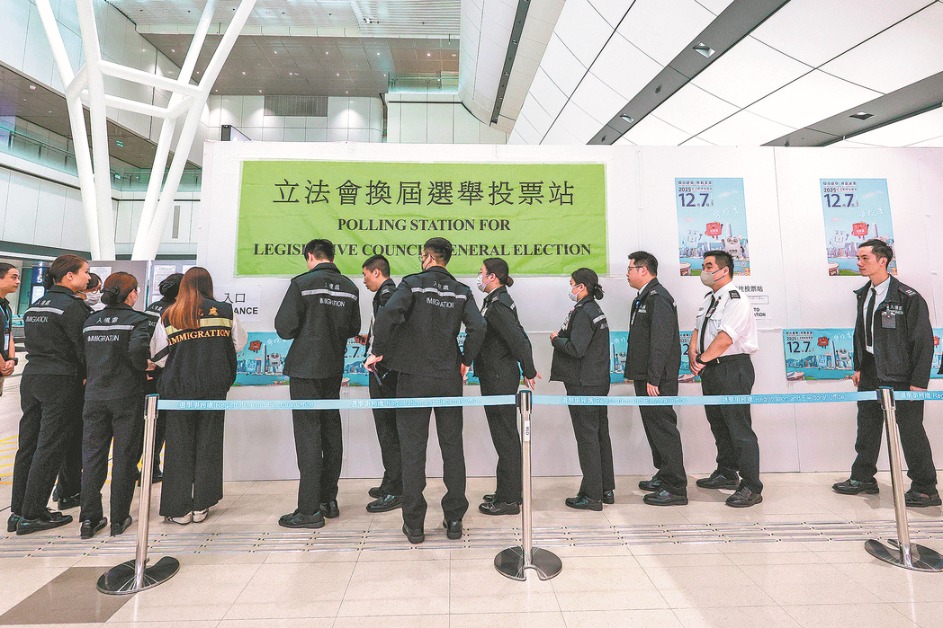Cui: China not looking to rule world
By ZHAO HUANXIN in Washington and CHEN YINGQUN in Beijing | China Daily | Updated: 2021-03-27 07:30
The ambassador said China "very much" stands for open and fair competition, but that is not possible when Chinese companies are discriminated against, with some senior executives detained without any reason, and when there is nationalism and protectionism against international rules and attempts to politicize everything.
"In order to have open, fair competition, I think these past mistakes will have to be corrected first. Otherwise, there's no basis to engage in such competition," Cui said.
As to international rules, Cui noted there are basic norms and rules that every country should follow, such as the fundamental principles for international relations set forth in the first chapter of the United Nations Charter.
The first principle set out in the UN Charter is the sovereign equality of all of its members, and another principle is the obligation of all UN members to refrain from threat or use of force against the territorial integrity and political independence of any state.
"So if people are interested in these rules, maybe they should start by reading the charter first. If people really want to show us the power of example, I would suggest they could very well start with their own compliance with all these truly universally agreed principles," Cui said.
The ambassador noted that China is "always open" for international cooperation, but any such cooperation will have to be based on equality, mutual benefit and mutual respect.
"How can people cooperate with each other if they don't treat each other as equals? And this is not our problem. This is the problem for the Western countries. They still have to learn how to treat other countries, other races, other civilizations as equals," he said.
During the interview, CNN played a story about several children in China's Xinjiang Uygur autonomous region, who were reportedly separated from their families.
"I think it's very unfortunate, it's immoral, to take advantage of any particular family situation and manipulate it," Cui said."This is not true journalism. It's very unfortunate for CNN."
The ambassador said he had been to Xinjiang more than once in recent years, and "what I saw is a very different story, a very different picture from their reporting".
"I saw a very different picture from some fabrications on the media. Until very recently, the biggest threat to Xinjiang was terrorist attacks," he said on social media later on Thursday."We do not start wars or use missiles/drones to fight the influence of terrorist and extremist ideology."
Hua said that whether a political system is good or not depends on factors including whether it could suit a country's national realities, whether it could bring about political stability, social progress, and the improvement of people's livelihoods and whether it could win people's support.
No matter how much a country brags about its democratic values, if it sits by and does almost nothing while over half a million people die of the COVID-19 pandemic and over 40,000 people a year are shot dead, if it can make up a piece of evidence at random against other sovereign states and then cause hundreds of thousands of innocent civilians to die, it is not qualified to claim to be a guide of democracy and human rights.
























